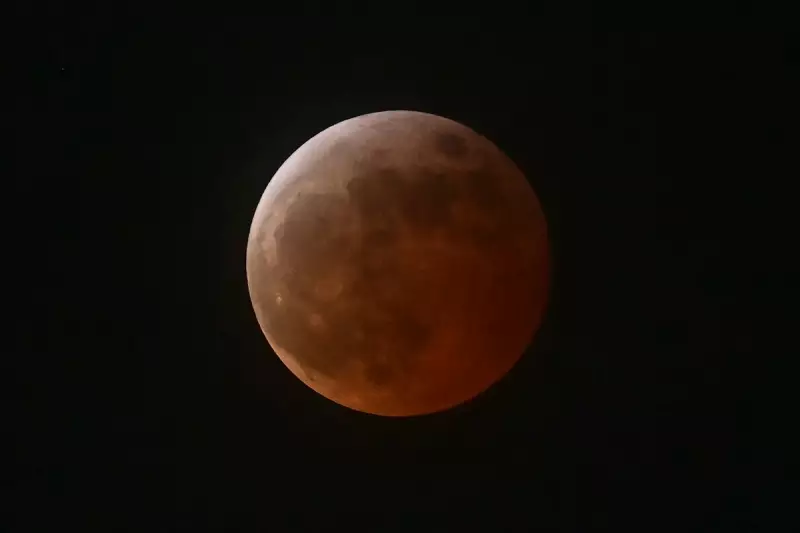
Stargazers across Britain are in for a celestial treat this autumn, as a dramatic total lunar eclipse will grace the night skies on Sunday, 7th September 2025. This spectacular event, often dubbed a 'Blood Moon' due to the reddish hue the moon takes on, will be visible in its entirety from the United Kingdom—a rare and favourable viewing opportunity.
When to Watch the September 2025 Eclipse
Timing is everything for this astronomical show. The eclipse will unfold over several hours, offering a prolonged spectacle for night owls and early risers alike.
The main event timetable for UK viewers is as follows:
- Partial eclipse begins: 01:27 BST (Sunday, 7th September)
- Total eclipse begins: 02:30 BST
- Maximum eclipse: 03:11 BST
- Total eclipse ends: 03:53 BST
- Partial eclipse ends: 04:56 BST
The total phase, where the moon is completely immersed in Earth's shadow and turns a deep coppery-red, will last for an impressive 83 minutes.
Why The Moon Turns Red
Unlike a solar eclipse, this event requires no special equipment to enjoy safely. The captivating 'blood moon' effect is created by a beautiful trick of the light. As the Earth moves between the sun and the moon, sunlight is filtered and bent through our planet's atmosphere. Earth's atmosphere scatters the shorter blue light waves but allows the longer red light waves to pass through and illuminate the moon's surface.
How to Get the Best View in the UK
For the optimal experience, find a location with a clear, unobstructed view of the southwestern sky. While the moon will be fairly high for UK observers, a spot away from the worst of urban light pollution will significantly enhance the view. Unlike solar eclipses, you can watch this entire event with the naked eye, though binoculars or a small telescope will reveal stunning details on the lunar surface.
This event is a not-to-be-missed opportunity for astronomers and romantics alike. Clear skies permitting, it promises to be one of the most accessible and breathtaking astronomical events of the year.





